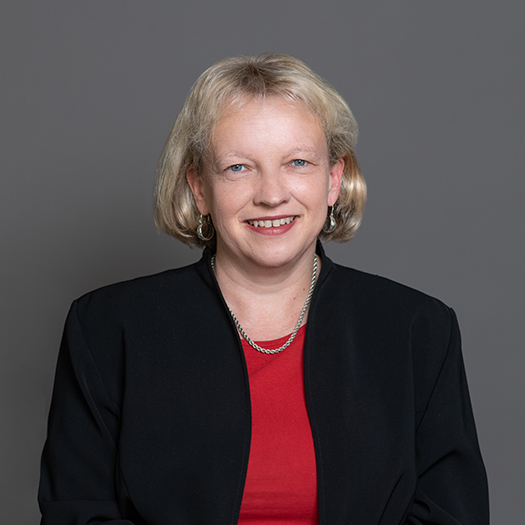Innovations Without Formal Research and Development Activities
Innovations Without Formal Research and Development Activities
Period:
01.02. – 31.10.2010
The study analyses the ways how firms without in-house research and development (R&D) are able to successfully introduce product and process innovations. The study focuses on the following research questions:
- In which sectors, fields of technology and size classes is the share of innovators wihtout in-house R&D particularly high?
- Are innovators without in-house R&D capable to generate similar innovation success compared to firms that do perform in-house R&D, both with regard of product and process innovations?
- Are innovators without in-house R&D able to generate similar economic benefits (profits, growth, long-term survival) from their innovation activities as firms with in-house R&D do?
- Which types of innovations do firms without in-house R&D generate, and do these types differ from innovations generated by firms with in-house R&D?
- Are there differences in terms of innovation intensity, technological levels and the degree of novelty between innovators with and without in-house R&D?
- Which activities do innovators without in-house R&D pursue in order to achieve similar innovation success compared to R&D performing innovators, particularly with respect to innovation management, organisational change, marketing, production efficiency, purchase of external knowledge and technology?
- What is the role of financing constraints for a firm’s choice to innovate without in-house R&D, to which extent do these firms use public funding, and can public funding compensate for likely financing constraints
- When compared on an international level, is Germany a special case given its relatively high share of innovators without in-house R&D (as revealed by CIS statistics) and are there specific features of the German innovation system that contribute to this situation?
The empirical analyses rest on panel data from the German innovation survey (Mannheim Innovation Panel - MIP - conducted by ZEW) and a regular survey on modernisation of production conducted by the Fraunhofer-ISI. International comparisons rest on CIS data.


